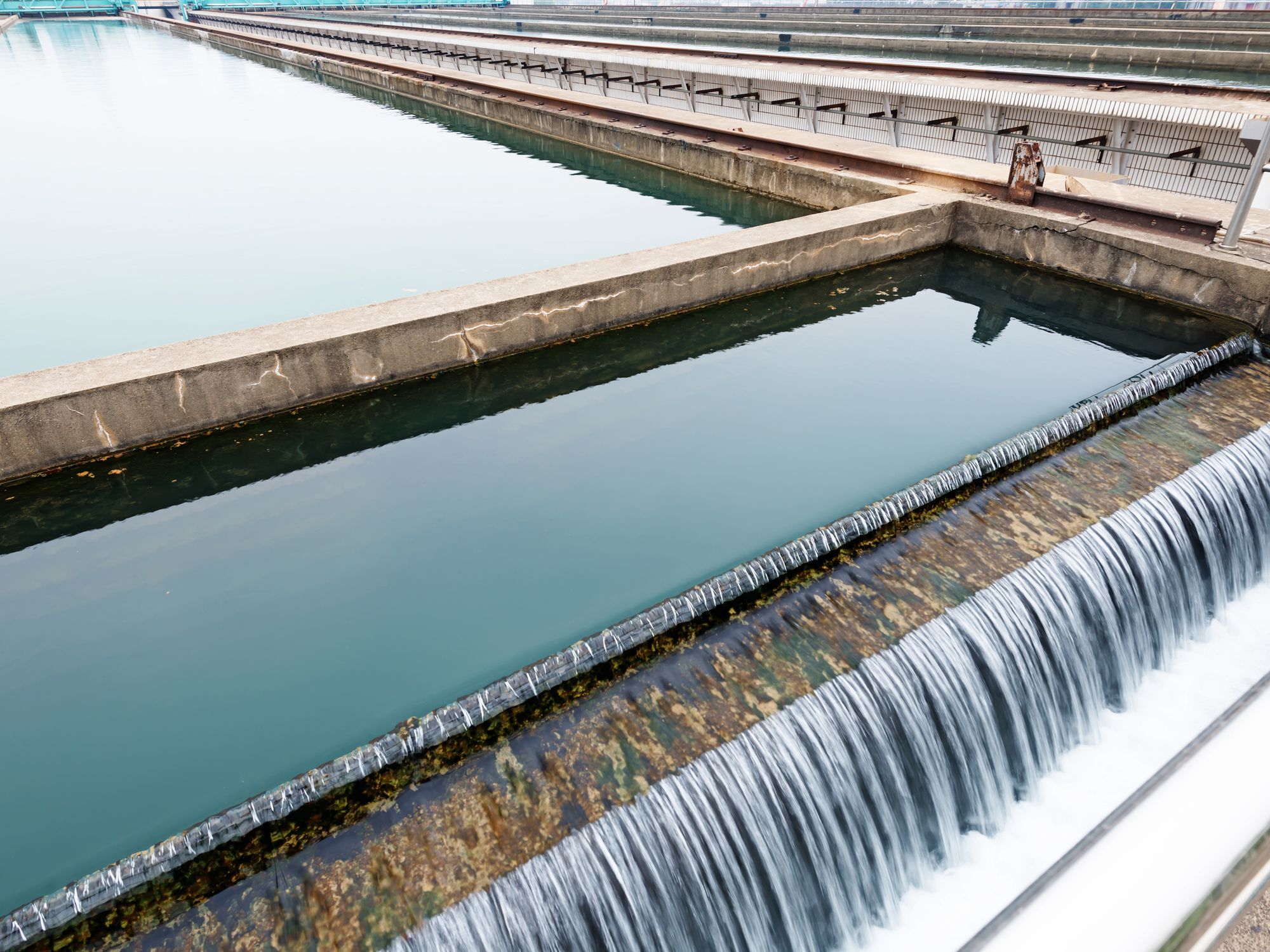Federal Water Pollution Control Act

- The FWPCA provided the first funds for constructing the public works that treat municipal wastewater before it is discharged into the environment. It was later amended to create the first Clean Water Act.
The Federal Water Pollution Control Act (FWPCA) was enacted in 1948 and provided the first funds for constructing publicly owned treatment works (POTWs) that treat municipal wastewater prior to its discharge into the environment.
The FWPCA was amended on April 3, 1970, by the Water Quality Improvement Act (WQIA) of 1970 (under Public Law 91-224). The WQIA amended the prohibitions on discharges of oil to allow such discharges only when consistent with regulations to be issued by the President and where permitted by Article IV of the 1954 International Convention for the Prevention of Pollution of the Sea by Oil (see 33 U.S.C. 1321).
In issuing regulations, the President was authorized to determine quantities of oil which would be harmful to the public health or welfare of the U.S., including, but not limited to, fish, shellfish, and wildlife, as well as public and private property, shorelines, and beaches.
